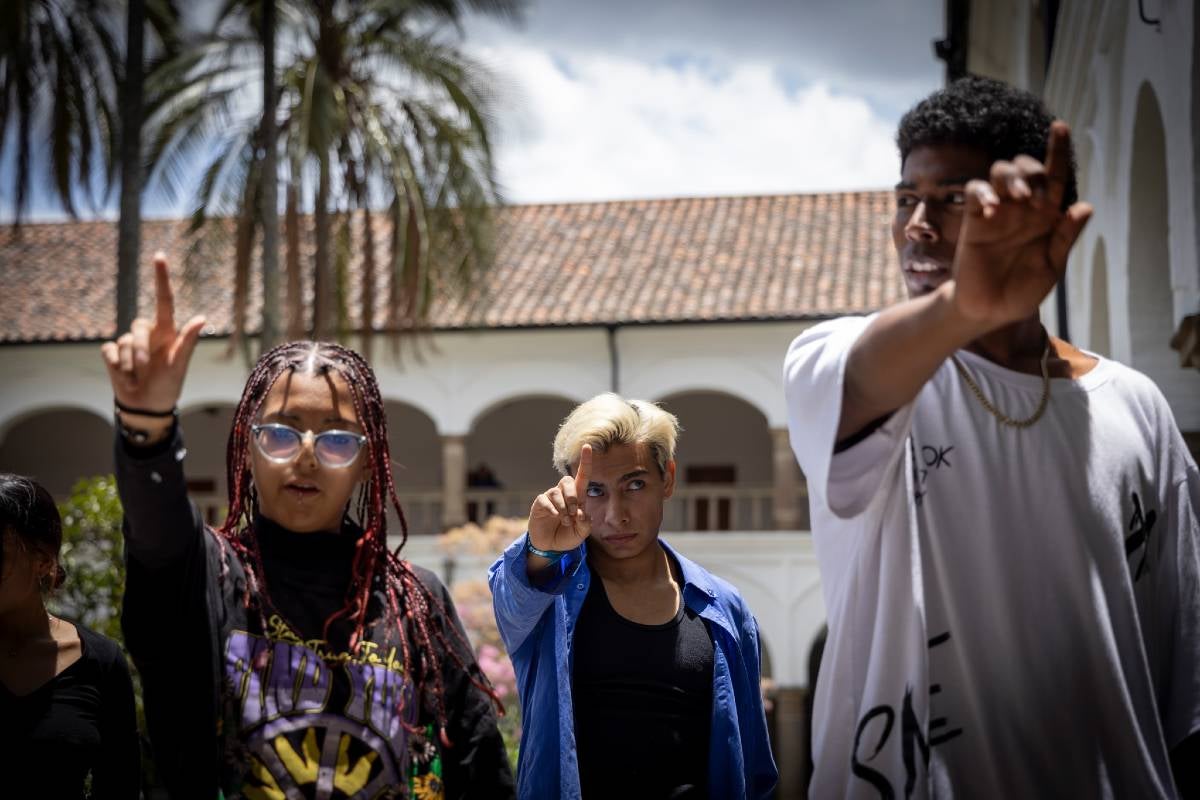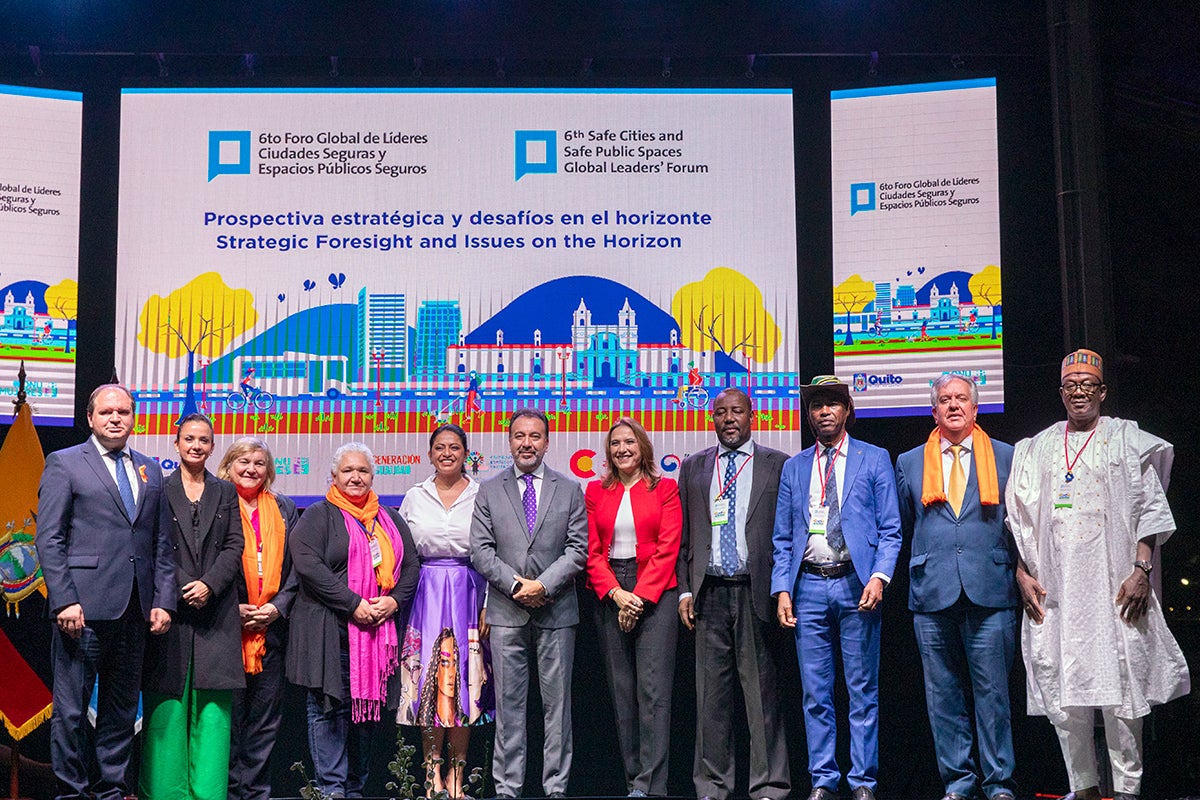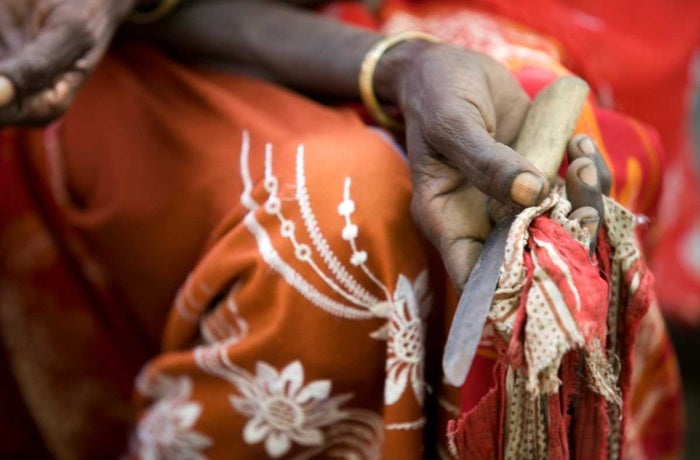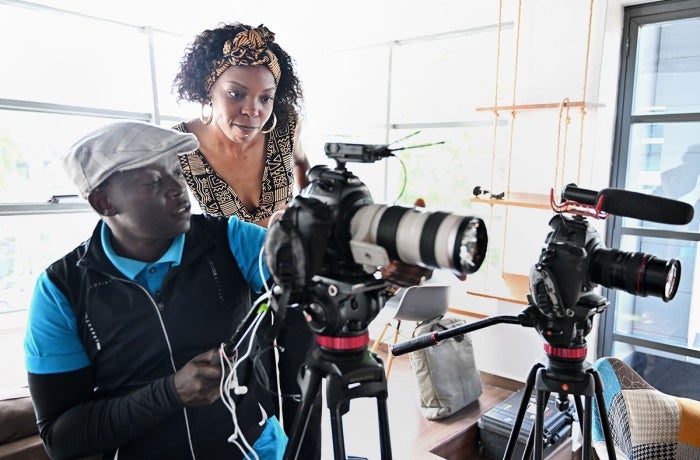City mayors make commitments to advance action on gender equality globally
Home to the majority of the world’s population, cities often offer the closest point of contact between government and the people.
Cities are sites of innovation, creativity, connection, and change, but are also where intersecting crises have played out in recent years, from the COVID-19 pandemic to conflict, climate change, social inequality, water scarcity, migration, and forced displacement. Cities continue to play essential roles in advancing gender equality and women’s empowerment and addressing another challenge of our time: violence against women.
Sexual harassment and other forms of violence against women and girls are pervasive in public spaces around the world, whether in transport, streets, libraries, markets, or online. In fact, a multicounty study found that 6 in 10 women said sexual harassment had worsened in public since COVID-19.
On 28 November 2023, city mayors from around the world gathered at the Fourth Global Meeting of Mayors on Gender Equality and Women’s Empowerment, in Quito, Ecuador, co-organised by UN Women and the City of Quito and supported by the Spanish Agency for International Development Cooperation.

“We are here today, committed to our work alongside all women working for the well-being of all of us”, said Ana Lucía Reis, the mayor of Cobjia, Bolivia.
Mayor Reis noted some of the measures which form part of the city’s comprehensive approach to safe public spaces in Cobjia “ranging from adding LED lights throughout the city to foster safety after dark to providing access to safe markets for women to sell their produce and products”.
“As mayor, I commit to ensuring a gender mainstreaming approach across all our axes of work”, said Quito Mayor Pabel Munoz. “We must all make sure that the effort to guarantee women’s rights is not simply a slogan, but that it is translated into public policies, legislation, and in investments.”
The global mayor’s meeting was hosted as part of UN Women’s Safe Cities and Safe Public Spaces Global Leaders’ Forum, which took place from 28 to 30 November. At the last day of the forum, UN Women launched “The Quito Declaration: Global Commitment of Mayors to Accelerate Action: Safe Cities and Safe Public Spaces with and for Women and Girls.”
The commitment, launched under the banner of the Generation Equality and aligned with several blueprints of its Action Coalitions, highlights concrete action that cities can take in support of gender equality and ending violence against women. It calls for increasing women’s and girls’ meaningful participation, leadership, and decision-making power in cities and communities, and for the inclusion of women’s voices throughout all processes.
It also notes the importance of using partnerships to develop new, evidence-driven, and human rights-based approaches to prevent and respond to sexual harassment and other forms of violence against women and girls in public spaces.
The commitment further stresses the need for accelerating the development of gender-responsive policies, strategies in areas such as climate change, sanitation, urban and transportation planning, economic development, food systems, and security, including programmes that are informed by reliable data, to advance gender equality and women’s empowerment in cities and communities to eliminate structural inequalities.
In addition to the mayors who were present at the global meeting, other mayors signed on to the global commitment, reaffirming their dedication to continuing to work for cities that promote gender equality and women’s rights to live a life free of violence, and to accelerate these efforts. Nearly 30 mayors have been the first to endorse the global commitment, including the cities of:
- Barranquilla and Bogota (Colombia)
- Quito, Ibarra, Otavalo, Morona Santiago, Pichincha (prefect) (Ecuador)
- London (United Kingdom)
- Cobija (Bolivia)
- Edmonton, Montreal, Halifax, Calgary, Ottawa (Canada)
- Damietta (Egypt)
- Hawassa (Ethiopia)
- Guatemala City (Guatemala)
- Monterrey and Mexico City (Mexico)
- Chisinau (Moldova)
- Fez (Morocco)
- Niamey (Niger)
- District of San Miguel, Lima (Peru)
- Arusha and Zanzibar City (Tanzania)
- Montevideo and Canelones (Uruguay)
- Ho Chi Minh and Da Nang (Vietnam)
The meeting marked the launch of the global commitment, and the time for catalytic action to catapult forward as part of the localization of the sustainable development goals.
“We need to widen this powerful circle of champions - including as part of the Safe Cities and Safe Public Spaces Global Initiative”, said Maria-Noel Vaeza, UN Women Regional Director for the Americas and the Caribbean, Generation Equality Project, Executive (a.i) and Senior Advisor to the Executive Director, UN Women. She noted the importance of building to scale integrated approaches ranging from gender-responsive budgeting to care work, energy, climate, and ending violence against women in all the settings where it occurs.
If other city mayors would like to endorse the global commitment, please contact UN Women at: safe.cities@unwomen.org.










